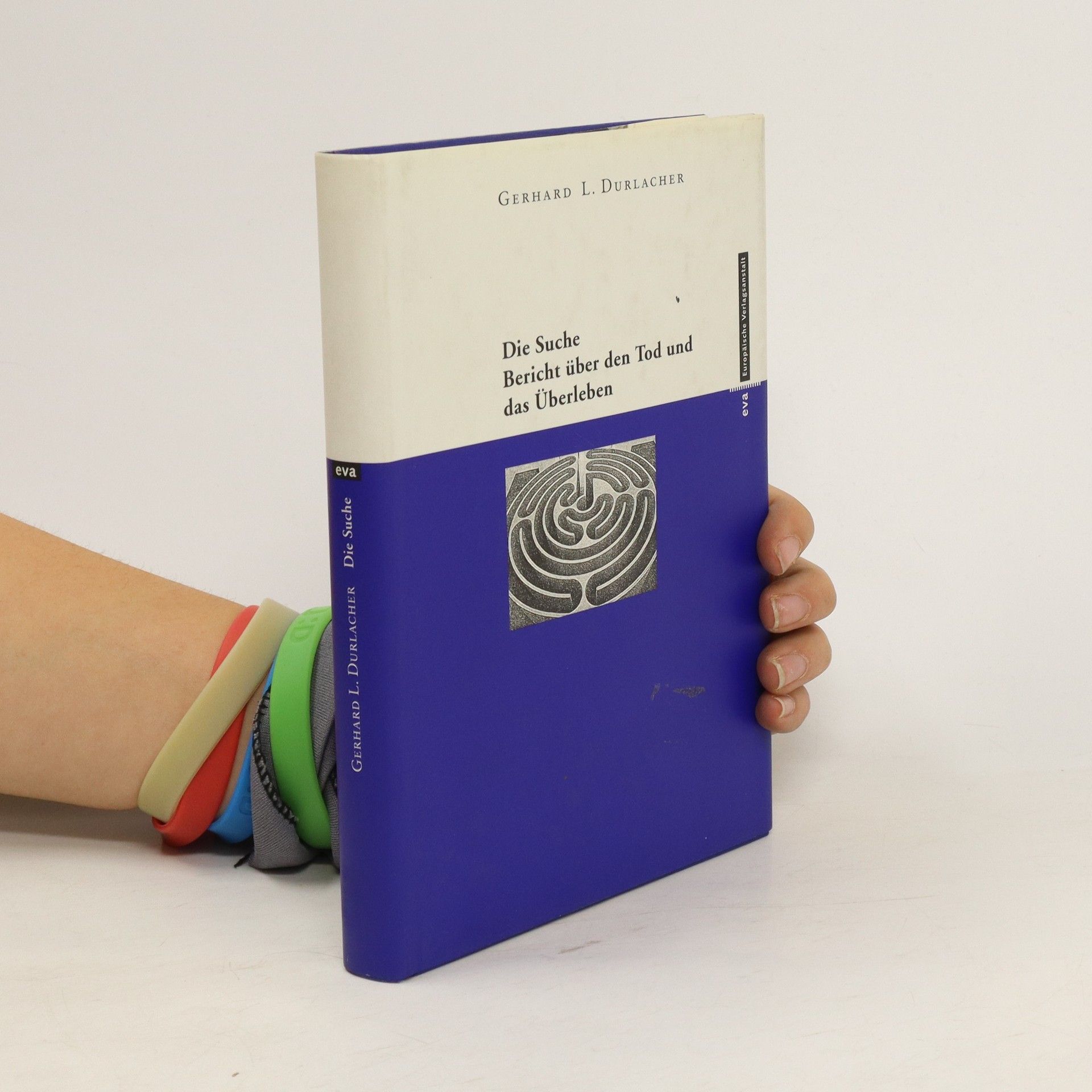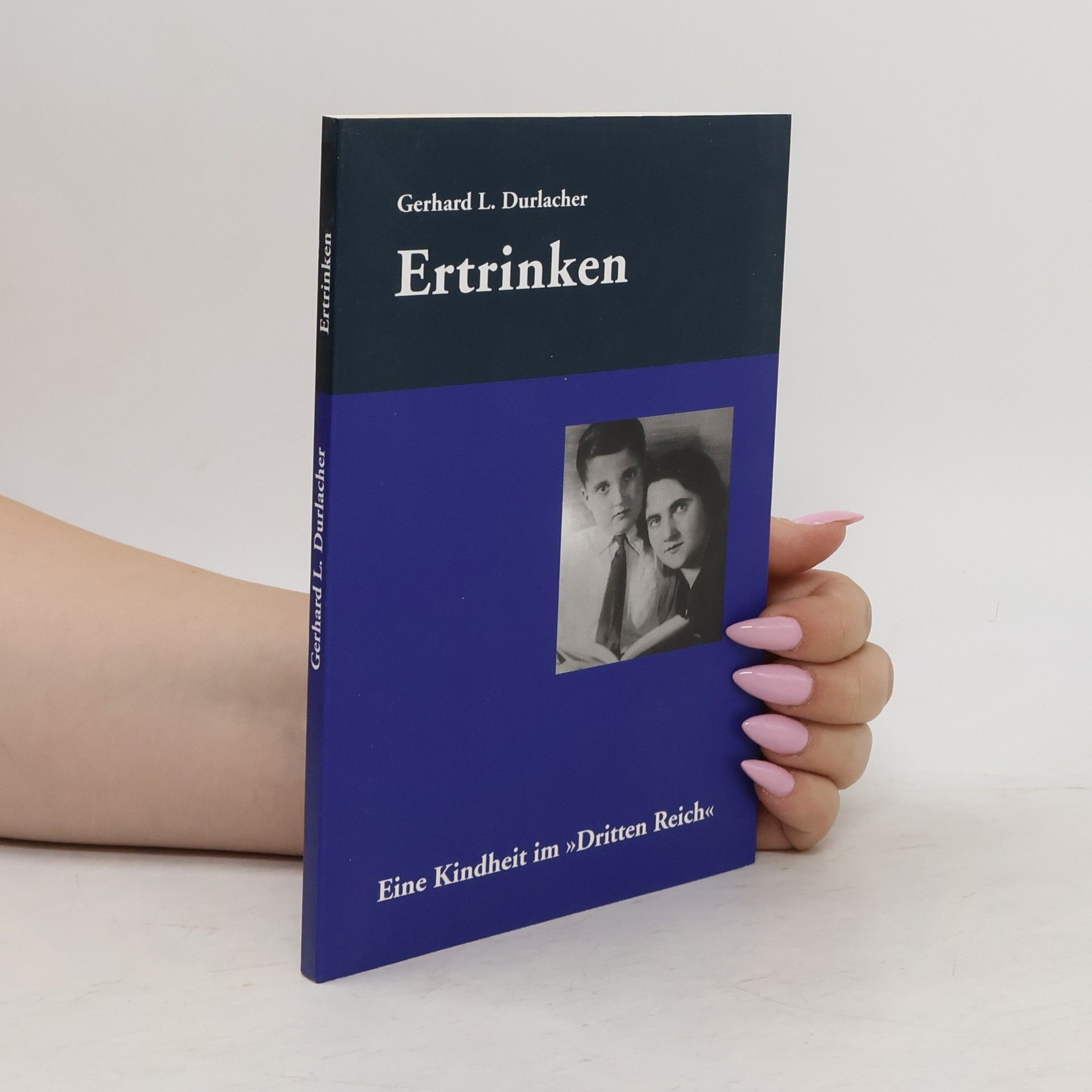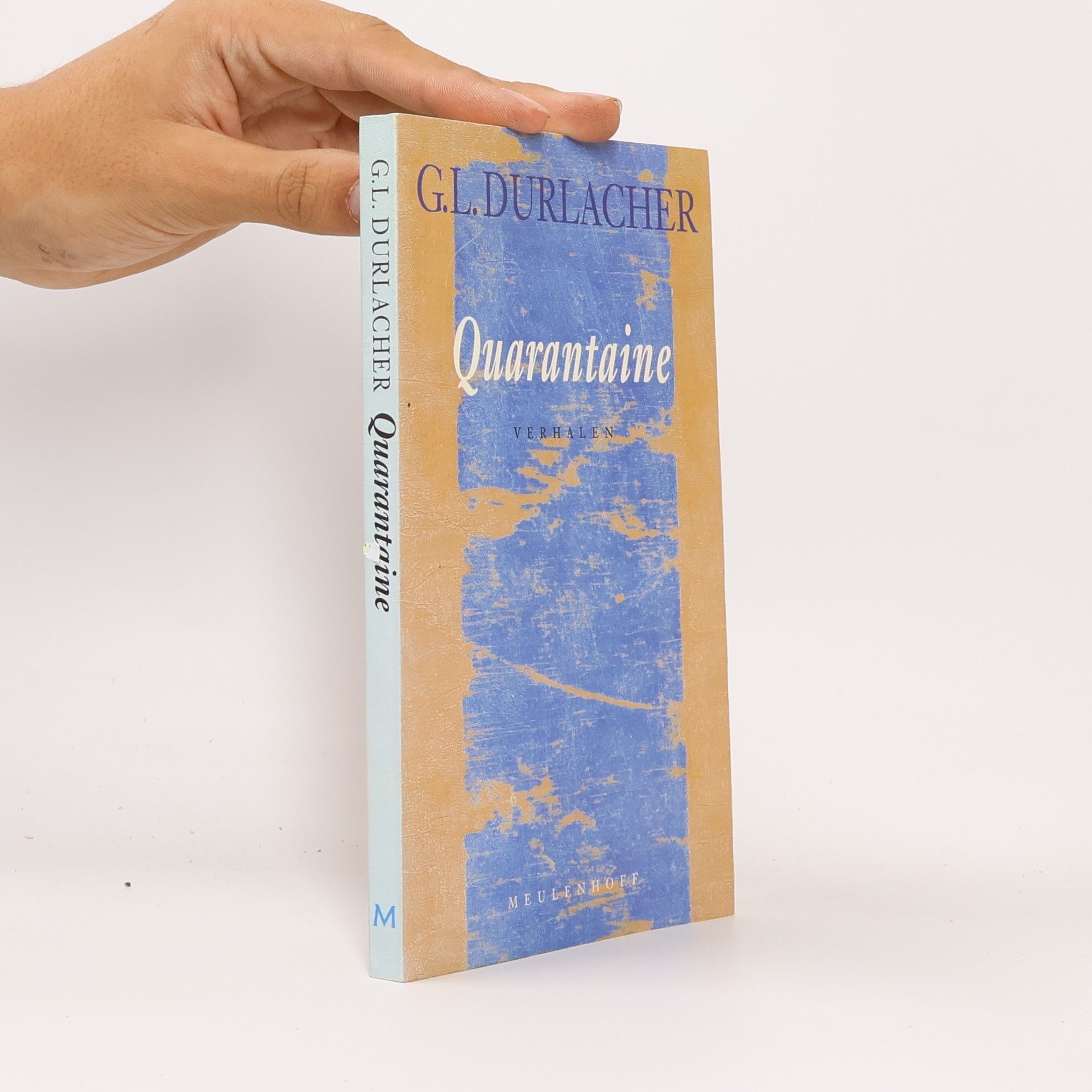G. L. Durlacher Livres
Gerhard Durlacher était un écrivain et sociologue néerlandais dont l'œuvre explore les complexités de l'existence humaine. Son écriture se caractérise par un aperçu profond de la psychologie des personnages et de leur place dans la société. À travers sa lentille sociologique, il éclaire des thèmes universels tels que l'identité, la mémoire et les relations interpersonnelles. Sa contribution littéraire réside dans son exploration des dilemmes moraux et la recherche de sens dans un monde complexe.






Die graublaue Strickjacke
Ein jüdischer Junge unter Nazi-Herrschaft
De vier verhalen in Strepen aan de hemel spelen zich af in Auschwitz-Birkenau en vormen een aangrijpend persoonlijk document. Durlacher maakt gebruik van historisch materiaal en gesprekken met overlevenden om zijn eigen geschiedenis binnen de ‘grote’ geschiedenis te reconstrueren. Het nationale autisme van de geallieerden, de onbewogenheid van velen en de bewogenheid van weinigen tijdens de ondergang van Europa’s joden vormen de achtergrond van zijn persoonlijk drama en van dat van zijn medegevangenen. De bitterheid van het thema wordt verzacht door de momenten van waardigheid en fatsoen die zelfs op het ogenschijnlijke nulpunt van civilisatie nog behouden blijven.
Zijn tocht door het leven is tot nu toe niet geheel onopgemerkt verlopen. Maar de horizon komt naderbij, onherroepelijk, stap voor stap. Documentair filmmaker, schrijver, acteur, regisseur Cherry Duyns kijkt achterom, naar de sporen die hij op papier heeft achtergelaten: gesprekken, beschouwingen, beschrijvingen, lofredes, laatste woorden voor dierbaren. Verhalen die naar zijn films verwijzen, maar ook naar zijn boeken. Verhalen over vrienden en helden, van wie er velen in de tijd zijn achtergebleven: Harry Mulisch, Jeroen Brouwers, Walter Kempowski, Armando, Klaas Gubbels, Eelke de Jong, Johnny van Doorn, Thomas Rap, Gerhard Durlacher, Johan Cruijff, Henri Plaat, K. Schippers, Claude Vivier, Reinbert de Leeuw, de Comedian Harmonists, Johnny Weismüller (Tarzan).
De zoektocht
- 190pages
- 7 heures de lecture
The biography of one of the twenty survivors of Birkenau Men's Camp in Germany. After the war Durlacher searched and travelled the world to talk to the other survivors and the culmination of the search was a reunion in Jerusalem in 1990. At the reunion the survivors unravelled the mystery surrounding their selection and survival.
